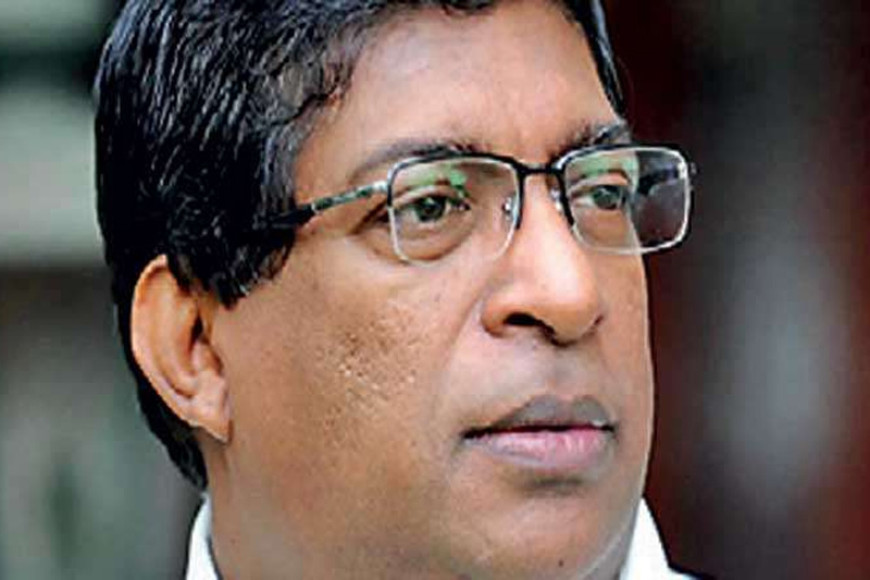With nearly 3 million Sri Lankans living abroad, there's significant untapped potential in the expatriate community, many of whom excel in various fields.
To leverage this, strategies should be developed to attract expatriates back to Sri Lanka and encourage their investment and expertise, he said. .
This includes facilitating brain gain through attractive incentives, encouraging periodic returns, and enabling financial investments.
Expatriates can significantly contribute by leading multinational corporations’ Sri Lankan branches, driving technological innovation, and enhancing global competitiveness.
Their international experience and networks can help attract investment, raise global awareness, and bridge skill gaps.
For Sri Lanka to advance to a higher income level, the knowledge and investment of expatriates are crucial. Expatriates trained in advanced economies can foster innovation and growth, while their savings and networks can provide vital investments and access to markets.
Offering tax and citizenship benefits to the second-generation diaspora could further enhance investments in manufacturing and export industries. Additionally, appealing to the senior diaspora with high-quality caregiving options could provide another influx of resources.
To compete globally, Sri Lankan companies must produce world-class products and embrace global marketing. Unlike American firms, few Sri Lankan companies have excelled in global branding.
Sri Lanka’s economic recovery relies heavily on the successful implementation of policies agreed upon with the International Monetary Fund (IMF).
Under President Ranil Wickremesinghe, the government has enacted significant reforms, including increasing taxes, cutting government spending, and restructuring state enterprises Mr Karunanayake disclosed. .
These measures aim to stabilize inflation and restore economic stability. Deviating from these policies could risk a return to previous economic crises.
Interest rates have also dropped, contributing to overall economic growth. In 2023, the country achieved a primary surplus, a significant milestone.



